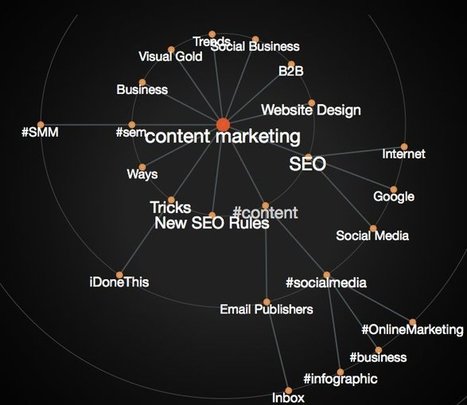
|
Scooped by
Robin Good
October 2, 2013 2:05 PM
|
Jennifer Aaker does a great job of visually illustrating in a 5-minute clip why storytelling is so effective when it comes to communicating and marketing effectively with your customers.
"...stories are more meaningful–more memorable, more impactful, and more personal–than statistics alone..."
a) By packaging information into engaging stories, readers have the opportunity to memorize better what you are telling them, and to identify more with the situation and issues you are solving.
b) Studies show that people are more willing to listen to, trust and buy from those people who have stories that they believe in.
c) Emotions drive decisions and we rationalize them only after having made them.
These are just some of the reasons why, storytelling comes back to regain its original marketplace role: the driver of good conversations around which business is made.
Excellent video. Highly recommended. 9/10
Reference info: http://futureofstorytelling.org/video/persuasion-and-the-power-of-story/
Check also: http://futureofstorytelling.org/



 Your new post is loading...
Your new post is loading...









Awesome video and I know that story telling can be very powerful. I guess it's time to start reading more stories so I can get better at telling stories.
What is your 'story'?
I think this video is very accurate. Today, we are bombarded by information about what we should buy, what we should do, etc. How much of this information do we actually retain? Barley nothing! For something to be retained, it has to be rememberable; what's rememberable? STORIES! The video explains stories are rememberable because they are meaningful. The Internet can so easily simplify information to market products, which ends up having so much information about so many different products all the time. If we take the time to explain a story behind a product when marketing it, I think it will be more profitable. STORIES are the new successful marketing strategy in this world filled with noise and information.